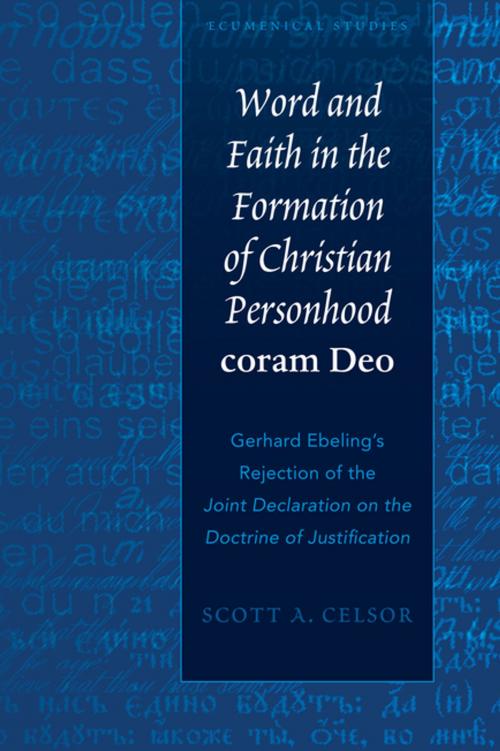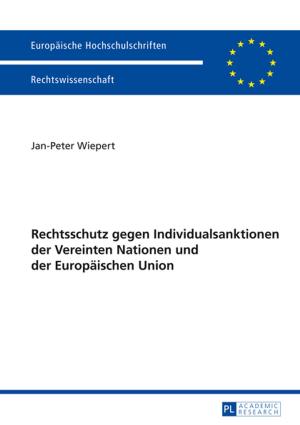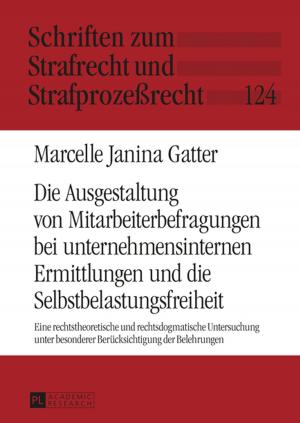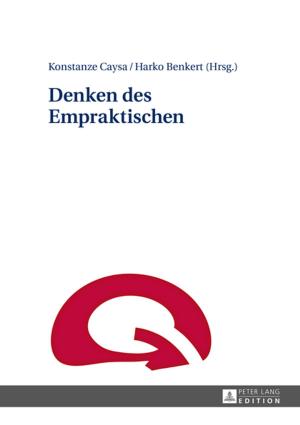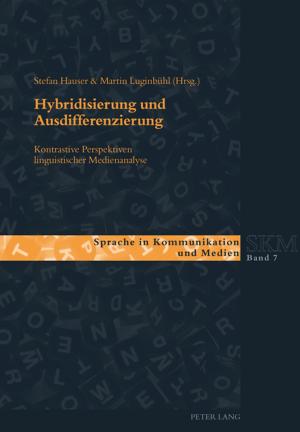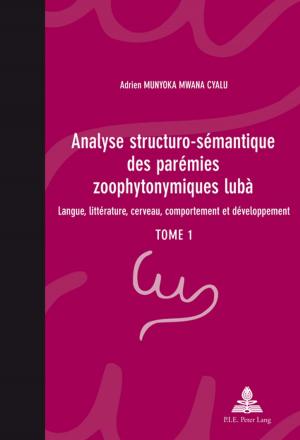Word and Faith in the Formation of Christian Personhood «coram Deo»
Gerhard Ebelings Rejection of the «Joint Declaration on the Doctrine of Justification»
Nonfiction, Religion & Spirituality, Christianity, Church, Church History, Philosophy| Author: | Scott A. Celsor | ISBN: | 9781454189190 |
| Publisher: | Peter Lang | Publication: | January 29, 2016 |
| Imprint: | Peter Lang Inc., International Academic Publishers | Language: | English |
| Author: | Scott A. Celsor |
| ISBN: | 9781454189190 |
| Publisher: | Peter Lang |
| Publication: | January 29, 2016 |
| Imprint: | Peter Lang Inc., International Academic Publishers |
| Language: | English |
By the end of the twentieth century, ecumenism’s deteriorating state had become evident. This deterioration can be attributed to many causes, however, the erstwhile German ecumenist Dr. Gerhard Ebeling’s rancorous, public debate among theologians in Germany in 1998 over the Joint Declaration on the Doctrine of Justification remains a contributing factor in its decline.
Through an investigation of Ebeling’s systematic theology and his lifelong examination of the theology of Martin Luther, much of which is based upon German texts not translated into English, Scott A. Celsor identifies the hermeneutical and ontological concerns at the heart of Ebeling’s objection to the Joint Declaration. Consequently, this book provides scholars with ardent historical insights into the bitter, public debate in Germany over the Joint Declaration in addition to critical insights into the hermeneutical and ontological objections that some evangelicals still lodge against it.
This, along with the accompaniment of an extensive bibliography dedicated to the Joint Declaration on the Doctrine of Justification, make this text an ideal, advanced introduction for graduate seminars on ecumenism, the doctrine of justification, and the Joint Declaration on the Doctrine of Justification as well as philosophical theology in general.
By the end of the twentieth century, ecumenism’s deteriorating state had become evident. This deterioration can be attributed to many causes, however, the erstwhile German ecumenist Dr. Gerhard Ebeling’s rancorous, public debate among theologians in Germany in 1998 over the Joint Declaration on the Doctrine of Justification remains a contributing factor in its decline.
Through an investigation of Ebeling’s systematic theology and his lifelong examination of the theology of Martin Luther, much of which is based upon German texts not translated into English, Scott A. Celsor identifies the hermeneutical and ontological concerns at the heart of Ebeling’s objection to the Joint Declaration. Consequently, this book provides scholars with ardent historical insights into the bitter, public debate in Germany over the Joint Declaration in addition to critical insights into the hermeneutical and ontological objections that some evangelicals still lodge against it.
This, along with the accompaniment of an extensive bibliography dedicated to the Joint Declaration on the Doctrine of Justification, make this text an ideal, advanced introduction for graduate seminars on ecumenism, the doctrine of justification, and the Joint Declaration on the Doctrine of Justification as well as philosophical theology in general.
